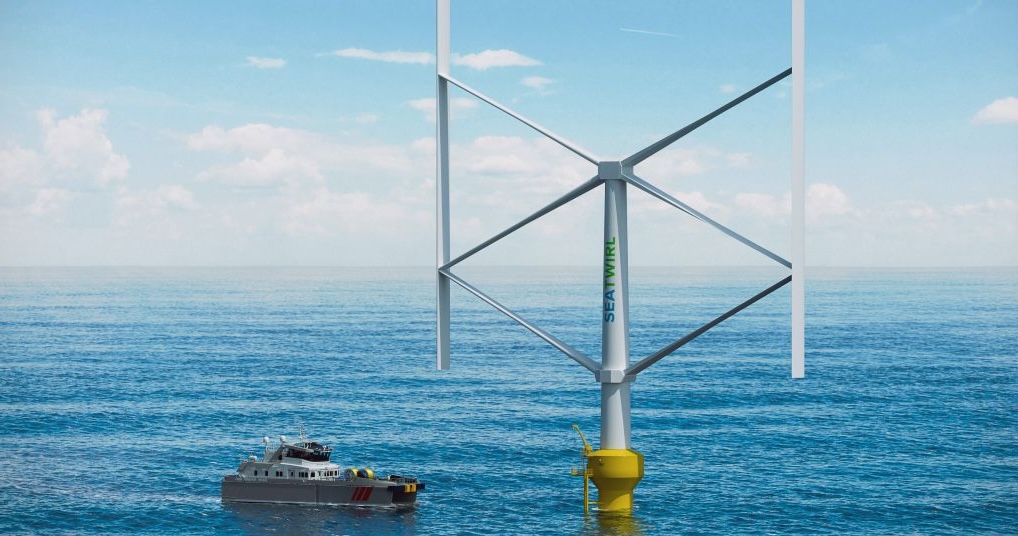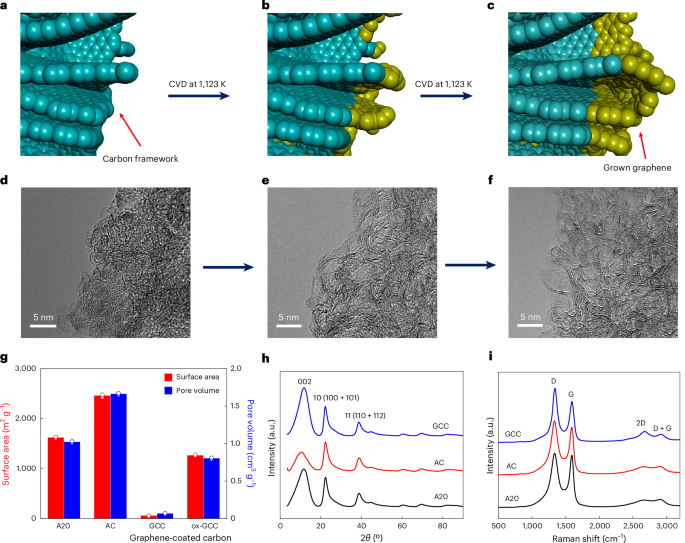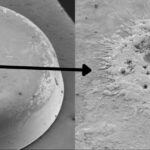Ion‐Specific Acetate‐Mn2+ Coordination for Accelerating Desolvation Kinetics in Aqueous Mn‐Ion Battery
Advanced Energy Materials, EarlyView.

The unique d10 configuration of Mn2+ provides exceptional coordination ability, making it highly sensitive to acetate ligands (Ac−). This ion-specific coordination enables Ac− to replace one H2O molecule in the inner hydration shell of Mn2+ through ligand exchange. The resulting [MnAc(H2O)5]+ configuration accelerates the desolvation kinetics of Mn2+, enhancing the energy storage performance of aqueous Mn-ion batteries.
Abstract
Aqueous manganese ion batteries (AMIBs) are promising candidates for large-scale energy storage because of their inherent safety and low cost. As a representative transition metal ion, Mn2+ features a half-filled 3d5 electron configuration that enables diverse coordination geometries and a broader scope for battery optimization. Here, the ion-specific coordination between Mn2+ and acetate ions (Ac−) to adjust the d-electron configuration of Mn2+ and induce a distorted water-deficient hydration shell is demonstrated. The coordination chemistry of Mn2+ allows Ac− to break the octahedral geometry of [Mn(H2O)6]2+ through ligand exchange, facilitating the de-solvation kinetics and interfacial transfer of Mn2+. This regulating effect is distinct from that observed in Zn2+ solvation, highlighting the ion-specific pairing resulting from the d-electron configurations of transition metals. As expected, incorporating Ac− ligands in aqueous manganese-based electrolytes enhances the Mn2+ storage performance of perylenetetracarboxylic diimide (PTCDI) anode in terms of both capacity and stability. An all-organic AMIB is then assembled by using tetrachloro-1,4-benzoquinone (TCBQ) as the cathode, which exhibits an average discharge plateau voltage of 1.1 V, a capacity of 98 mAh g−1 at a current density of 1.0 A g−1, and an impressive capacity retention of 96.3% over 1000 cycles.









































































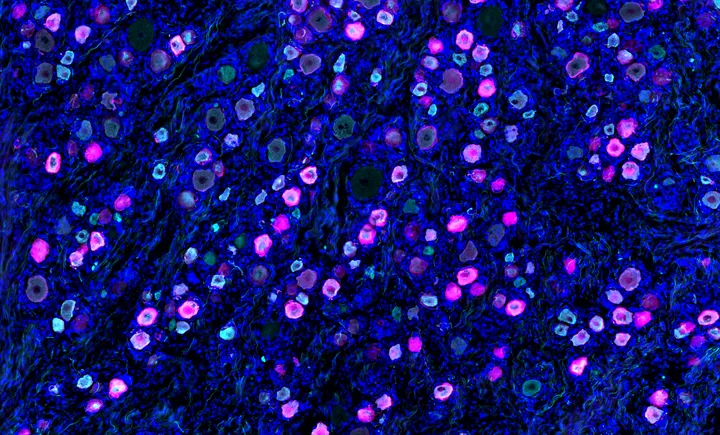


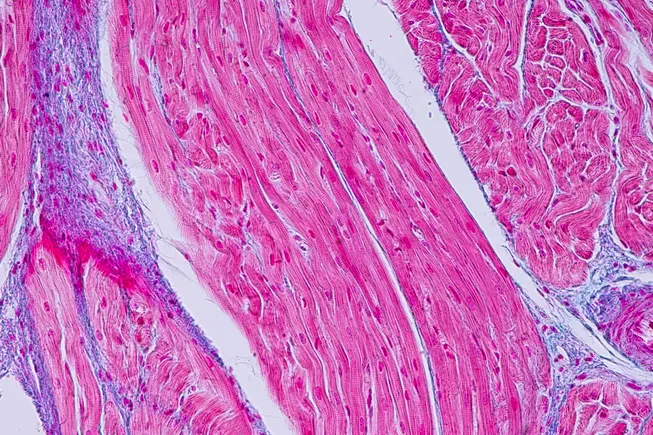
















![[Video] The Weekly Break Out Ep. 19: Army aviation’s shakeup and the F-35’s future](https://breakingdefense.com/wp-content/uploads/sites/3/2025/05/EP-19-THUMB-play-button.jpg?#)





























